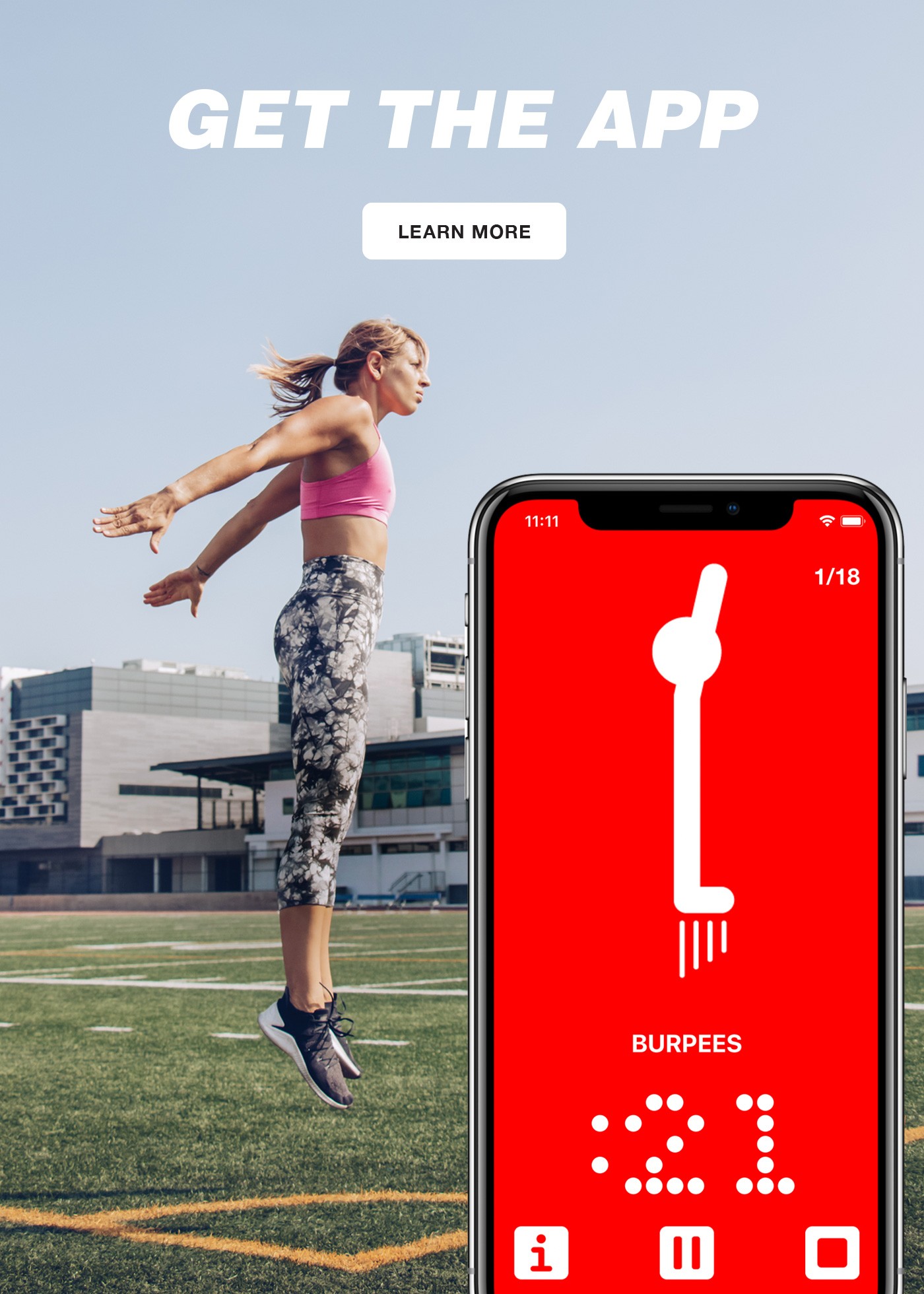How often have you started working toward a new goal, full of determination and drive, only to give up when you encounter an obstacle or challenging circumstance?
This happened to me over and over when I was first starting my personal fitness journey. I’d commit to working out three times a week and vow to swap out junk food for healthier options. As long as everything went exactly as expected, I’d be fairly successful sticking to my plan.
But, of course, life never goes as planned. Inevitably, something would happen to throw me off course. Sooner or later, I’d give up on my goal altogether, lose my progress, then have to start all over again at a later date.
The more I went through this demoralizing cycle, the more I became convinced that I could never become fit or healthy. But it’s not that I was doing anything wrong or that I wasn’t capable of change in the first place: I just didn’t have any alternative arrangements to fall back on when I encountered challenging circumstances.
Whenever we are striving for a goal, whether fitness or health-related or otherwise, we will inevitably encounter obstacles.
Rather than being surprised by the hurdles life throws at us, we can learn to plan for them.
The Athlete-Approved If-Then Planning Method
One simple yet effective way to avoid this self-sabotaging cycle is with a tactic high-level athletes often use called if-then planning. First developed by German psychologist Peter Gollwitzer in the 1990s, if-then planning is a tool for overcoming challenges by creating a plan for the obstacles that may arise with the following formula:
“If situation X arises, then I will perform response Y.”
For example, a marathon runner might consider everything that could go wrong in a race, from inclement weather to her shoe becoming untied in the last mile, to encountering an overwhelming feeling of wanting to quit throughout the race. She can then think through her response to each of these hurdles, and when a difficulty does arise in the moment, she’ll have a plan of action already in place.
Olympic swimmer Michael Phelps and his coach used if-then planning ahead of the 2008 Olympics. To prepare for his races, Phelps would visualize both positive and negative scenarios, mentally practicing how he would think and respond to each situation. His coach, Bob Bowman, would also create challenges for Phelps so that he could practice his responses.
One time, ahead of a World Cup race in Australia, Bowman intentionally stepped on Phelps’ goggles. Phelps didn’t notice until he was in the water, but since he had visualized this scenario beforehand, he reverted to his if-then plan of counting his strokes to know exactly how many strokes it took to complete the length of the pool. Later, when his goggles filled with water during one of the most important races of his career at the 2008 Olympics, he successfully reverted to his plan of counting his strokes and won the Gold medal.
If-Then Planning Works for Overcoming Any Obstacle
You can use if-then planning in any domain, whether your initial goal is health and fitness-related or is tied to work, relationship, or life goals.
For example, if you’re trying to develop a morning meditation habit, you might come up with two or three other times in the day you can easily fit in meditation in case you don’t fit it in during your planned morning slot. Similarly, if you’re trying to be less emotionally reactive but tend to lash out at those around you when you’re “hangry,” your if-then plan might be to start carrying healthy snacks with you at all times. This strategy will keep you from getting overly hungry and thus better manage your reactions.
The key to if-then planning is to understand that any situation can be linked with a response that’s consistent with the goal you’re trying to achieve.
Try using this simple template to create an if-then plan:
- Identify your overall objective.
- Plan your action steps: where, when, and how you will act.
- Identify the obstacles that have the potential to derail your goal-striving attempts. Then consider what effective action(s) you could take to overcome your obstacle.
- Complete this statement: “If [obstacle], then [effective action].”
Ideally, you’ll write these out in your journal or discuss them with someone you trust so that you have a concrete plan to tackle any obstacles.
Example If-Then Plan
Objective: Get a new fitness-related personal record (PR).
Action: Create your training plan to include where, when, and how often you’ll train to achieve your goal, as well as what you’ll be doing (your specific training plan).
Potential obstacles:
- If-then: If you’re tempted to skip your workout because you’re tired at the end of a long day, commit to getting yourself to the gym anyway, even if you don’t do your full planned workout. That way, you keep up your momentum and keep your commitment to yourself.
- If-then: If you feel stuck and have reached a plateau in your training, find a coach to create a new training plan for you and give you some accountability.
- If-then: If you miss a workout due to sickness, injury, or life, remind yourself that one missed workout isn’t going to matter much in the long run, and double down on your commitment to tomorrow’s workout.
Plan for the Predictable and Unpredictable
When creating if-then plans, don’t just plan for predictable situations. When high-level athletes do this type of planning, they think of everything that could go wrong then visualize their response to each.
Your plans should include both external obstacles (encountering traffic or a meeting going long) as well as internal obstacles (combating feelings of wanting to let up on your efforts or quit altogether). Often, our mental snags hinder our goal-striving process even more than external ones.
You can use if-then planning in any of your goal-striving attempts, from fitness and sports to career, relationship, and lifestyle goals. Try making a list of your top goals then coming up with as many if-then strategies as possible.
As you get better at if-then planning, you’ll begin to teach yourself that you can overcome life’s toughest obstacles. As a result, you’ll develop the confidence to attempt even higher, harder goals.
“Obstacles don’t have to stop you. If you run into a wall, don’t turn around and give up. Figure out how to climb it, go through it, or work around it.” – Michael Jordan
Photo by Jason Hogan on Unsplash



